That Tito Mboweni has returned as Minister of Finance will reassure markets, not only in South Africa, but internationally. The rand liked it, after losses posted during the wait for the Cabinet announcement since President Cyril Ramaphosa’s Saturday inauguration.
For Ramaphosa, the measure of continuity in the economic cluster for government is important. Announcing his executive, he talked of the need for getting off the ground a “modern, developmental state” to drive economic and social transformation and innovation. A state that could “direct effort and resources towards where they will have the greatest impact”.
“It is therefore imperative that in all areas and spheres of government, we place priority on revitalising our economy while exercising the great care in the use of public funds,” he said.
Mboweni was widely expected to retain the finance portfolio despite a push by labour federation Cosatu for him to be retired for not mincing his words over tough issues such as the haemorrhaging of billions of rands from state-owned entities, be it SAA or Eskom.
What is not quite so clear is the choice of finance deputy David Masondo, a former Limpopo finance MEC, who has come through the ranks of the Young Communist League and South African Communist Party (SACP).
But it may just be a presidential sleight of hand given the SACP’s long-standing conflicted relationship with the National Treasury that has been accused of neo-liberal agendas, a swear word not too long ago in certain circles of the body politic.
Or Masondo’s appointment was made to ensure support from within the governing ANC’s tripartite alliance with the SACP and labour federation Cosatu. While the Constitution gives the president the prerogative of appointing the executive, the reality is the president does require the political support of his party.
- David Mabuza shares a light-hearted moment with President Cyril Ramaphosa after Mabuza was sworn in as a member of parliament Chief Justice Mogoeng Mogoeng, 28 May 2019, at the Presidential Guesthouse in Pretoria. Picture: Alaister Russell/The Sunday Times
- Pravin Gordhan and Cyril Ramaphosa address members of the Western Cape Farming Sector on November 1, 2014 in Cape Town, South Africa. (Photo by Gallo Images / Foto24 / Nasief Manie)
- New Home Affairs Minister Aaron Motsoaledi, photographed here as Health Minister during an interview on June 27, 2018 in Pretoria, South Africa. (Photo by Gallo Images / Sunday Times / Alon Skuy)
- Finance Minister Tito Mboweni. Photo: Daily Maverick
- Recently appointed Minister of International Relations and Cooperation, Dr Naledi Pandor in Jordan, 07 November 2017. EPA-EFE/AMEL PAIN
- Recently appointed Minister of Human Settlements, Water and Sanitation Lindiwe Sisulu at the IEC results Centre in Pretoria, May 2019. Photo: Leila Dougan
- Minister in the Presidency Jackson Mthembu on the red carpet before the State of the Nation Address 7 February 2019. Photo: Leila Dougan
- David Mahlobo during a safety and security commission at the Nasrec Expo Centre on December 20, 2017 in Johannesburg, South Africa. (Photo by Galo Images / Netwerk24 / Felix Dlangamandla)
- Minister of Police Bheki Cele. (Photo: Leila Dougan)
- Transport Minister Fikile Mbalula, seen here in this file photo at the announcement of the final results for the 2019 Election at the National Results Operation Center (ROC) in Pretoria on Saturday 11 May 2019. Photo: Leila Dougan
- Recently appointed Minister of Employment and Labour, Thulas Nxesi in parliament on 22 August 2018. Photo: Leila Dougan
- Recently appointed Minister of Public Works and Infrastructure. Patricia de Lille in Cape Town, 6 February 2019. Photo: Leila Dougan
- South African Minister of Telecommunications and Postal Affairs Stella Ndabeni-Abrahams (R) arrives for the High-Level Forum Africa-Europe at the Austria Center Vienna (ACV) in Vienna, Austria, 18 December 2018. EPA-EFE/FLORIAN WIESER
The need for political support, and related horse-trading, emerged strongest over the appointment of Ebrahim Patel as Trade and Industry Minister — one of the two appointments to Cabinet the president can make from outside the ranks of Parliament. Patel, who was 137th on the ANC national list, did not make it back to Parliament as the ANC did not win enough support. With Deputy Minister of Agriculture, Land Reform and Rural Development S’dumo Dlamini, the ex-Cosatu president, and Labour and Employment Minister Thulas Nxesi, a former Sadtu teachers union and SACP leader, the trade union federation has clinched significant representation in the executive.
It is perhaps this accommodation that has allowed Ramaphosa to gamble on the political cost of re-appointing Public Enterprises Minister Pravin Gordhan. As in finance, it’s a move aimed to bring continuity in the fight to eradicate State Capture — and to get the state-owned entities into shape. Gordhan’s deputy is former Eastern Cape premier Phumulo Masualle.
Public Protector Busisiwe Mkhwebane last Friday said Ramaphosa had to reprimand Gordhan for irregularly and unlawfully approving early retirement for former SARS deputy commissioner Ivan Pillay, before he was rehired. By Tuesday Gordhan had taken the Public Protector report on review, saying it was wrong both in fact and law.
The Public Protector report — it deals with the same matter that in late October 2016 saw the National Prosecuting Authority withdraw fraud charges against Gordhan, Pillay and ex-SARS boss Oupa Magashula — came on the eve of Saturday’s inauguration amid expectations that Ramaphosa’s Cabinet would be announced on Sunday or Monday.
Regardless of the factional machinations underlying ANC deputy president David “DD” Mabuza deciding not to be sworn in with everyone else, but to first meet with the ANC integrity commission, Mabuza’s move is now being cited as an example for the commission to advise Gordhan to “step aside from any state appointments and responsibilities until his name is cleared”, according to the complaint seen by Daily Maverick.
Mabuza is back as Deputy President of South Africa. Let’s leave it at that for now.
But questions must be raised over several appointments.
The return of Stella Ndabeni-Abrahams to head the communications portfolio seems largely based on considerations of gender, generational mix and regional representivity, given her Eastern Cape connection. In her previous months in the portfolio she’s picked up a reputation of acting like a bull in a china shop, particularly with regard to the SABC, while failing to come through on her much-promised bail-out for the public broadcaster.
Meanwhile, the spectrum sell-off and other broadband-related policy matters have been lagging behind, despite their centrality in kicking economic activity up a gear or two.
Former ANC Youth League deputy president Ronald Lamola has become the youngest Justice Minister, with no previous experience in government — at any level — although he is a qualified lawyer. Again, the driving motivation may well have been the need for Ramaphosa to show a generational mix in his Cabinet, alongside regional diversity. Of the two deputies in this portfolio, Nkosi Phathekile Holomisa previously served as a deputy minister in labour, while John Jeffery is an old hand.
That Good party leader Patricia de Lille is Public Works and Infrastructure Minister counted as one of the shocks of the night. While previous presidents such as Nelson Mandela and Thabo Mbeki included opposition parties in their Cabinet, that practice fell by the wayside a decade ago. De Lille’s appointment is important as Public Works is a key ministry, now also expanded to include infrastructure as part of the government’s drive to push for better service delivery.
And there are some appointments that seem to be kicking for touch, such as the return of Basic Education Minister Angie Motshekga despite lacklustre performance. Ditto, Nathi Mthethwa returning to head Arts and Culture, now merged with Sport.
Other appointments expressing continuity in government include the Police ministry which sees Bheki Cele return as minister, while Defence continues to be headed by Nosiviwe Mapisa-Nqakula. And in a bizarre twist, Thoko Didiza returns to the portfolio she held in the Mbeki presidency, Agriculture, Land Reform and Rural Development.
Widely welcomed was the dropping of ANC Women’s League leader Bathabile Dlamini, who was under a cloud for, among other things, having been found to have lied in court, as was the exclusion of Jeff Radebe — democratic South Africa’s longest-serving minister — who would have continued to raise potential conflicts of interests as he’s also Ramaphosa’s brother-in-law.
However, eyebrows have been raised over David Mahlobo, the former political boss of the spooks who after a stint on the parliamentary benches has returned as Deputy Minister of Human Settlements, Water and Sanitation under Lindiwe Sisulu. As has the appointment of outgoing ANC Youth League secretary-general Njabulo Nzuza as Deputy Home Affairs Minister, the portfolio now headed by former health minister Aaron Motsoaledi.
While veteran Cabinet minister Naledi Pandor now heads International Relations, Nkosazana Dlamini-Zuma has taken over as Minister of Co-operative Governance as the previous incumbent Zweli Mkhize has moved to Health.
Notably missing among the appointments was Derek Hanekom, a known supporter of the president, although Ramaphosa hinted his experience was valued and he would receive suitable responsibilities where he “would be able to serve the nation”.
But Ramaphosa clearly also got his way in several portfolios. State Security is now headed by Ayanda Dlodlo, the former public service minister trusted enough to be put in charge of the reorganisation of government, with a presidential spokesperson at Luthuli House Zizi Kodwa as her deputy.
Minister in the Presidency is Jackson Mthembu, a firm Ramaphosa supporter all the way back to the CR17 campaign for ANC presidency at the 2017 Nasrec national conference. And Senzo Mchunu, who went against the prevailing KwaZulu-Natal ANC faction to support Ramaphosa — he narrowly lost to Ace Magashule at the 2017 Nasrec ANC conference — is now Minister of Public Service and Administration, effectively in charge of South Africa’s 1.2-million civil servants.
In keeping with tradition, a number of parliamentary committee chairpersons have been appointed as deputy ministers, leaving a skill and experience vacuum in the national legislature.
Energy committee chairperson Fikile Majola, an ex-trade unionist, is now Deputy at DTI alongside Nomalungelo Gina, the former parliamentary basic education committee chairperson. Nocawe Mafu, the former human settlements committee chairperson, is now Deputy Minister of Sport, Arts and Culture. And Dikeledi Magadzi, the parliamentary transport committee chairperson, is deputy to Fikile Mbalula, who heads the Transport portfolio.
Parliamentary public service and administration committee chairperson Cassel Mathale is Deputy Police Minister.
Ramaphosa said his executive would be hard-working and have integrity. Their performance as individuals and collectively would be closely monitored. “Where implementation is unsatisfactory, action will be taken.” It’s the stick the president has, particularly as everyone would sign performance agreements with him.
That there were tough behind-the-scenes conversations and horse-trading not only emerged from the composition of the executive, but also from comments on the reorganisation of government. What was announced was not quite as extensive as anticipated.
“We are announcing some of the outcomes of the reconfiguration of national government,” said Ramaphosa as he described the combination of portfolios to reduce ministries to 28 as “a significant move to downscale the state”, but only a start to “some” of the ultimately envisioned size and shape of government.
“A reconfigured state is an ideal. But we see it also as a process that will lead us to a blueprint,” said Ramaphosa.
It’s the strongest indication yet the president did not get to do as he wished and behind-the-scenes wrangling led to compromises in the Cabinet and executive that, for now, can be lived with. But watch this space. DM


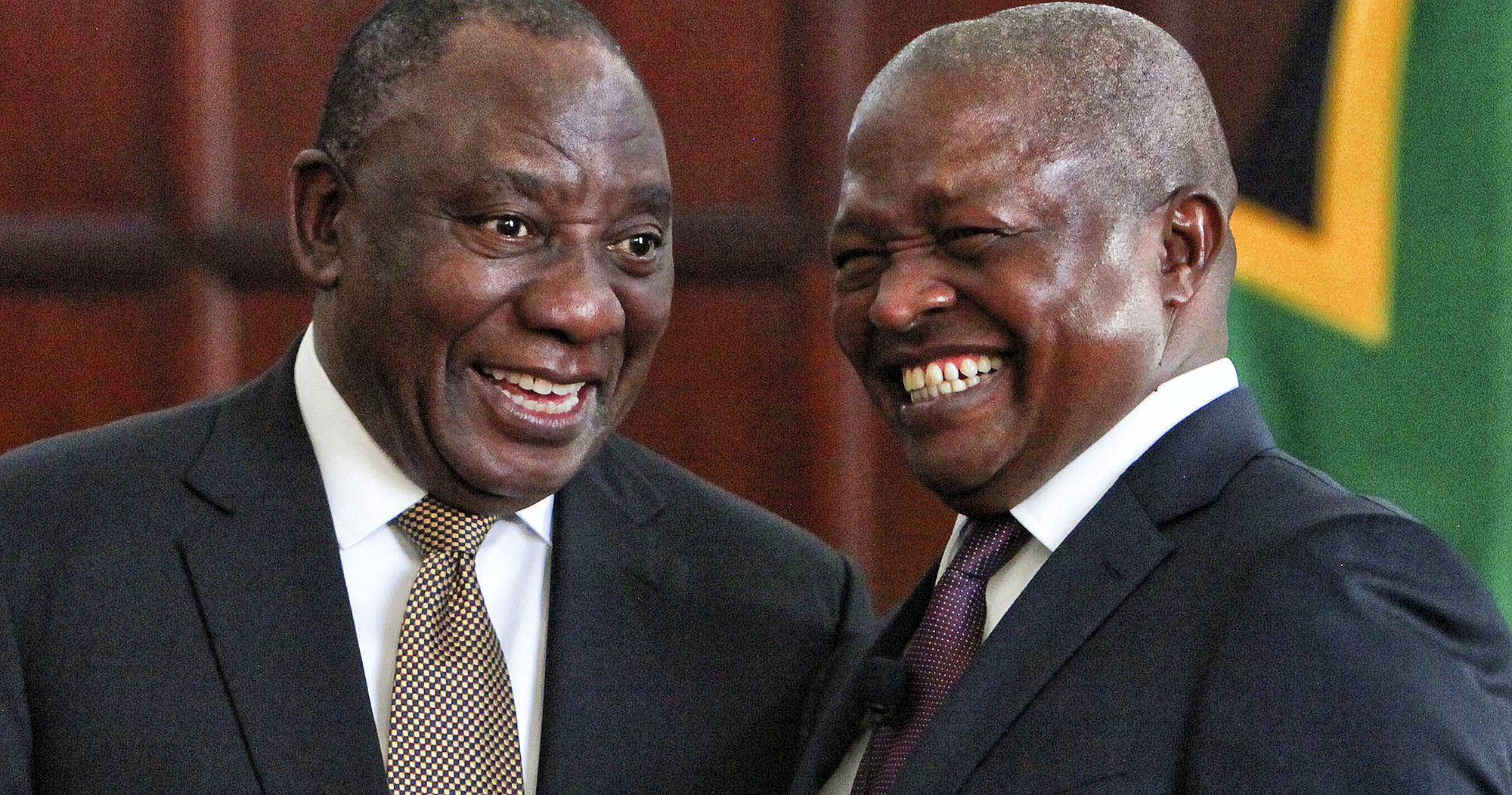
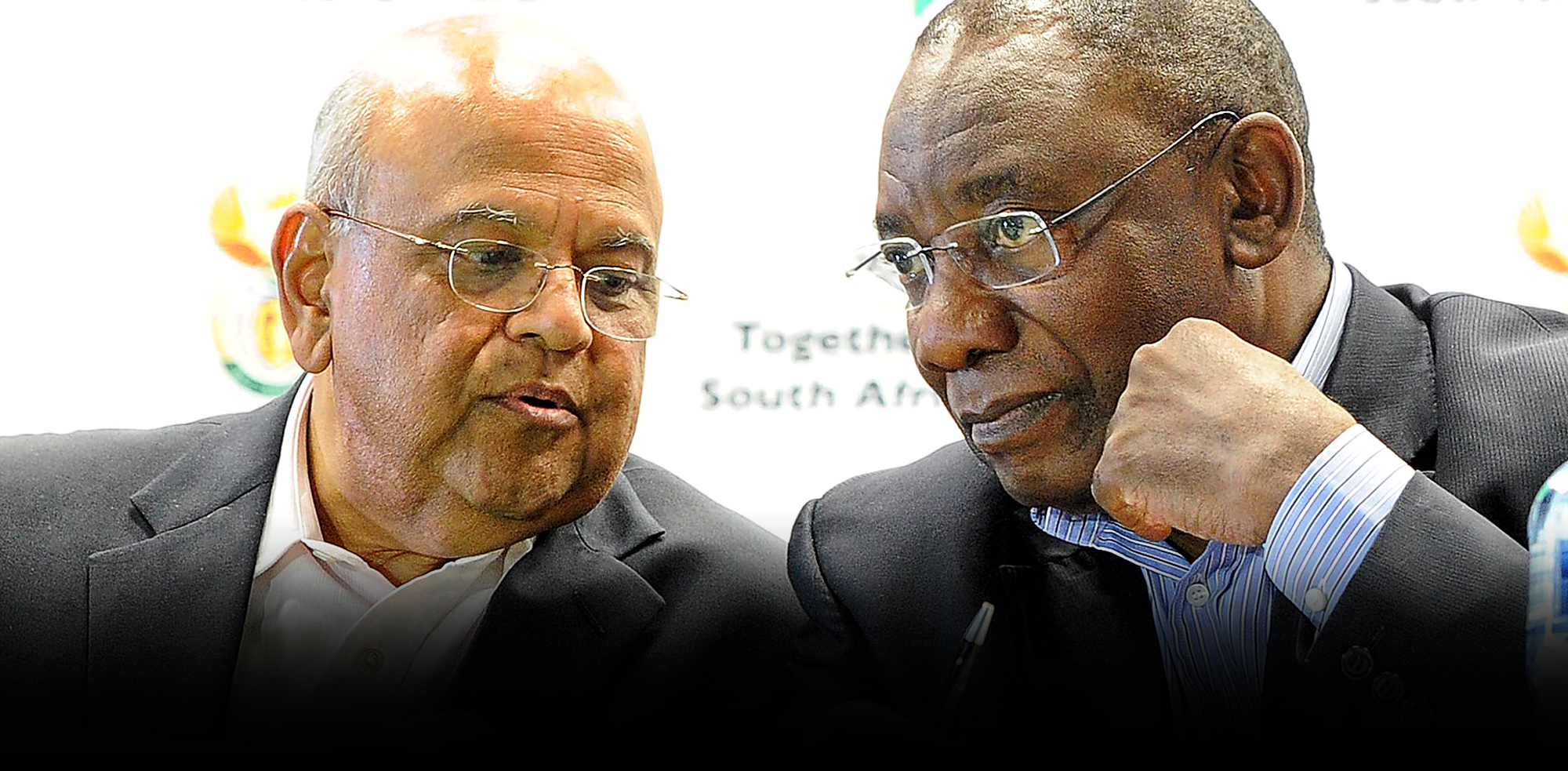
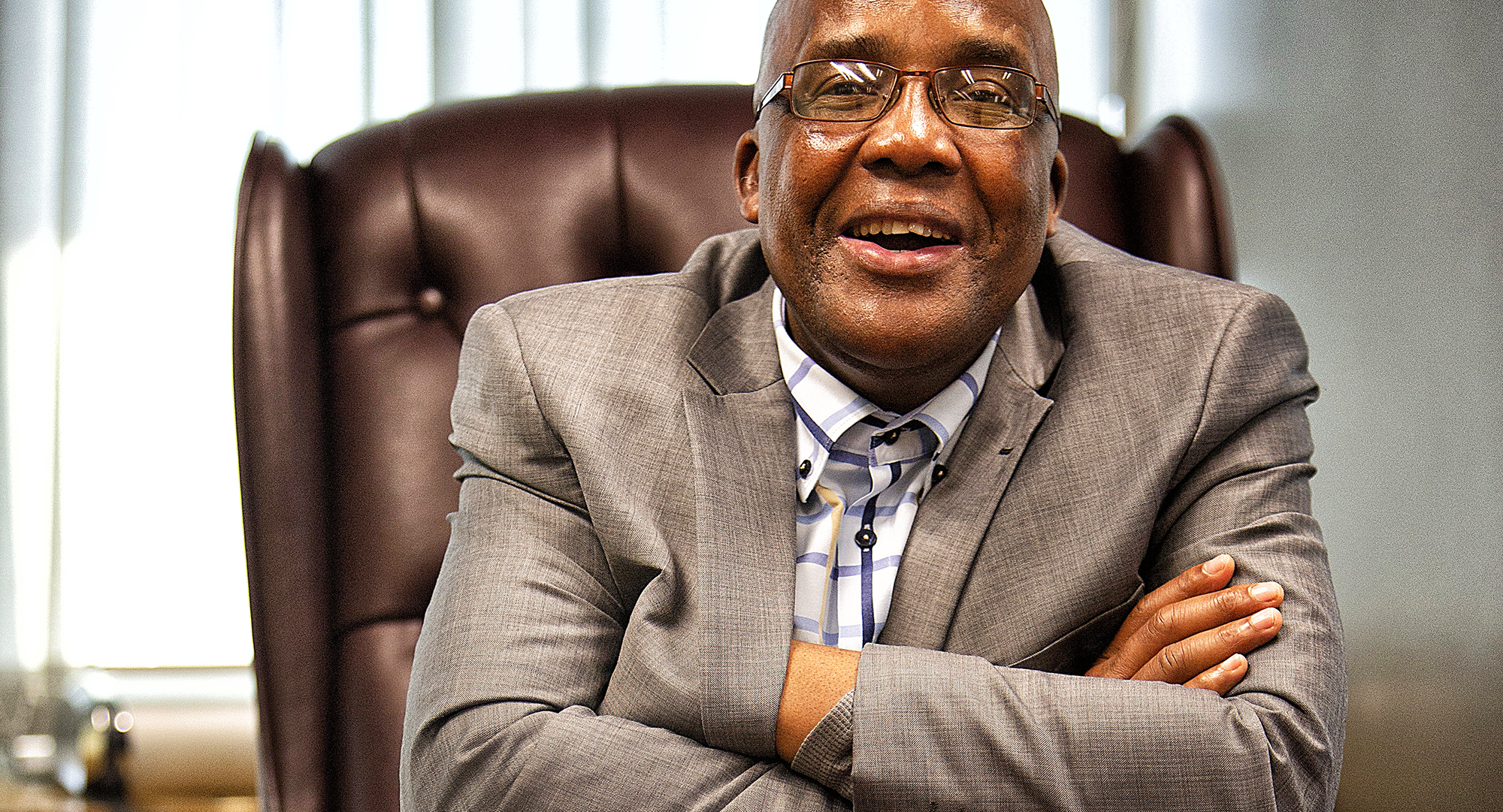
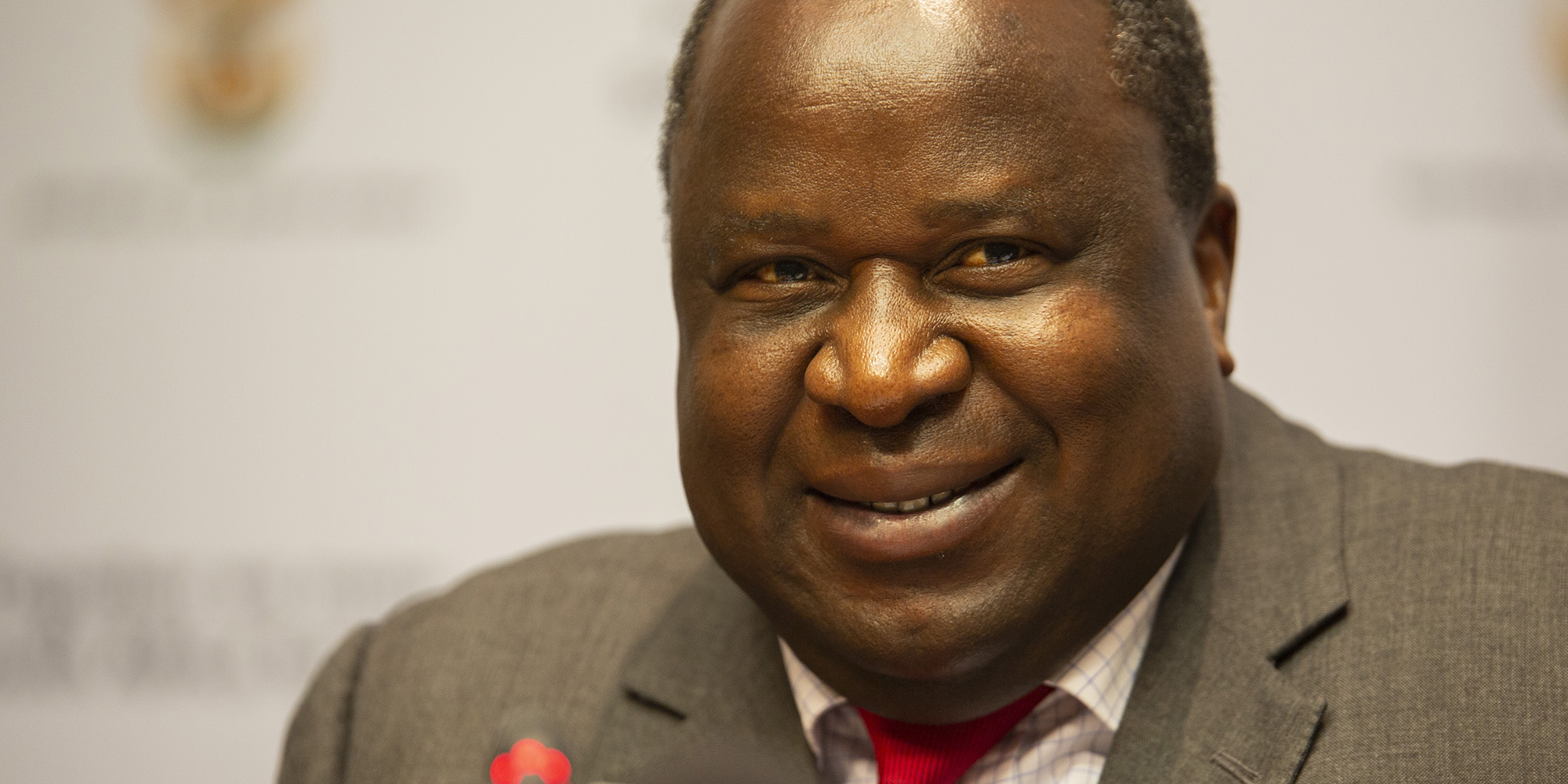
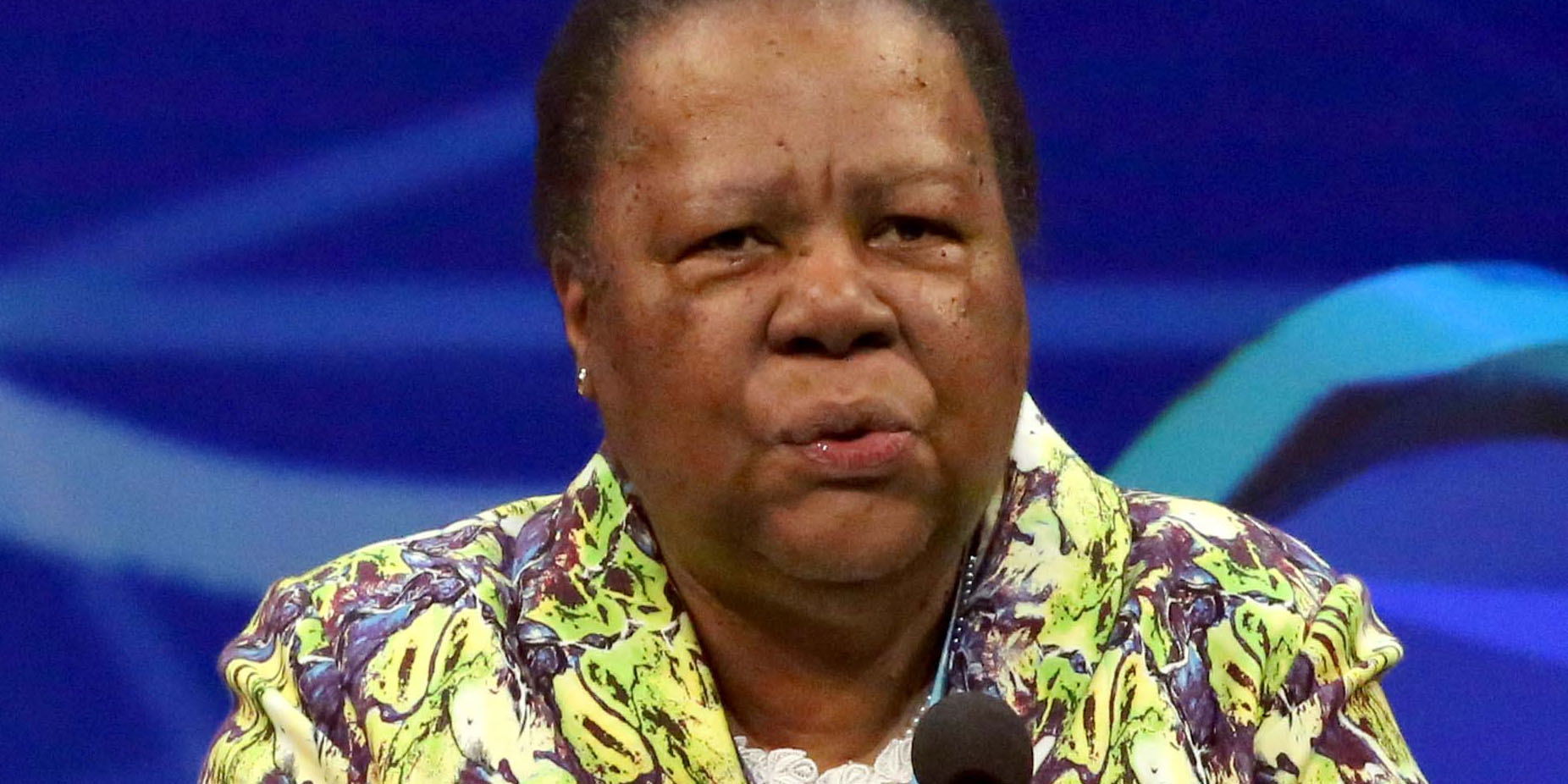
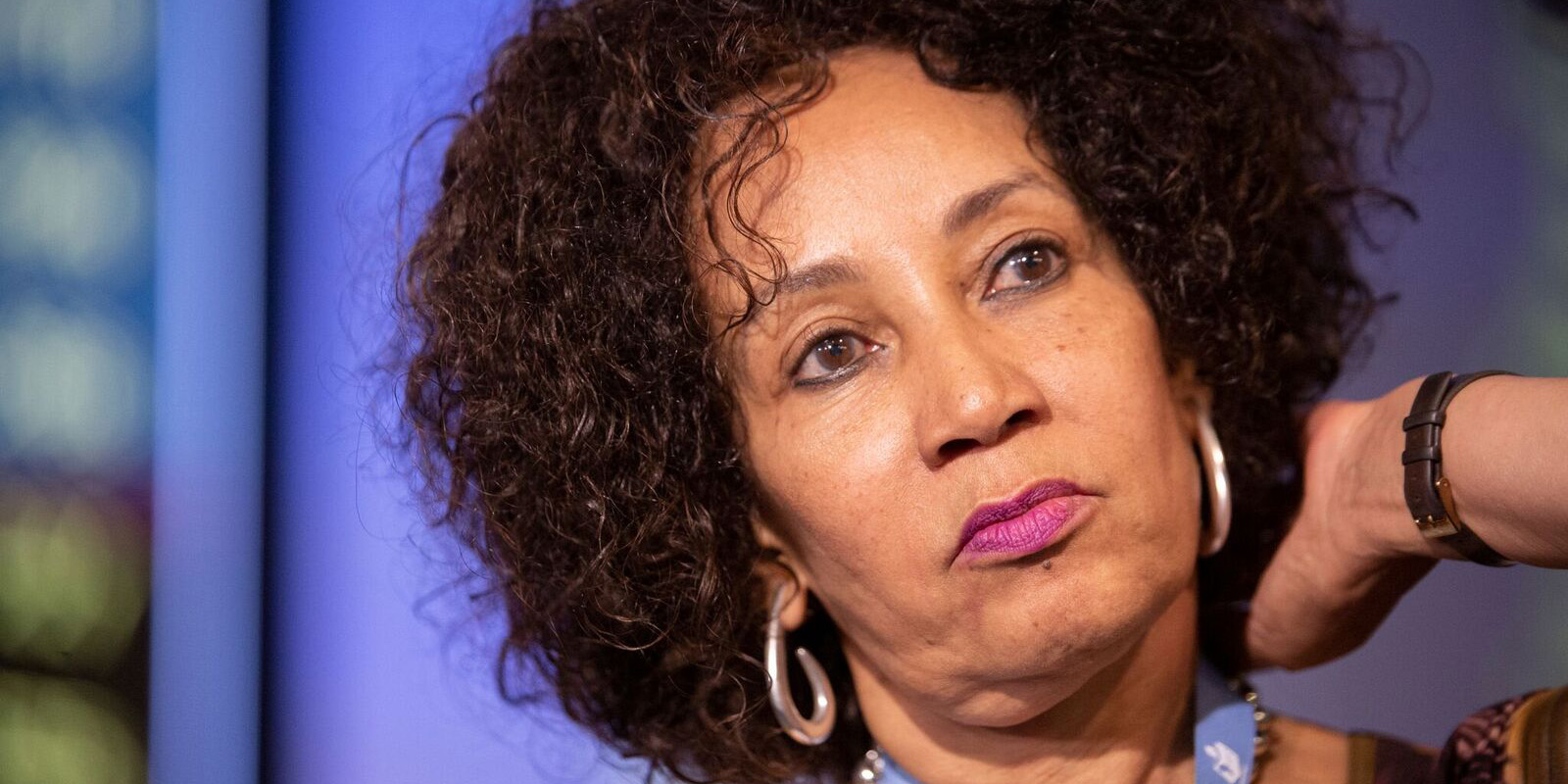
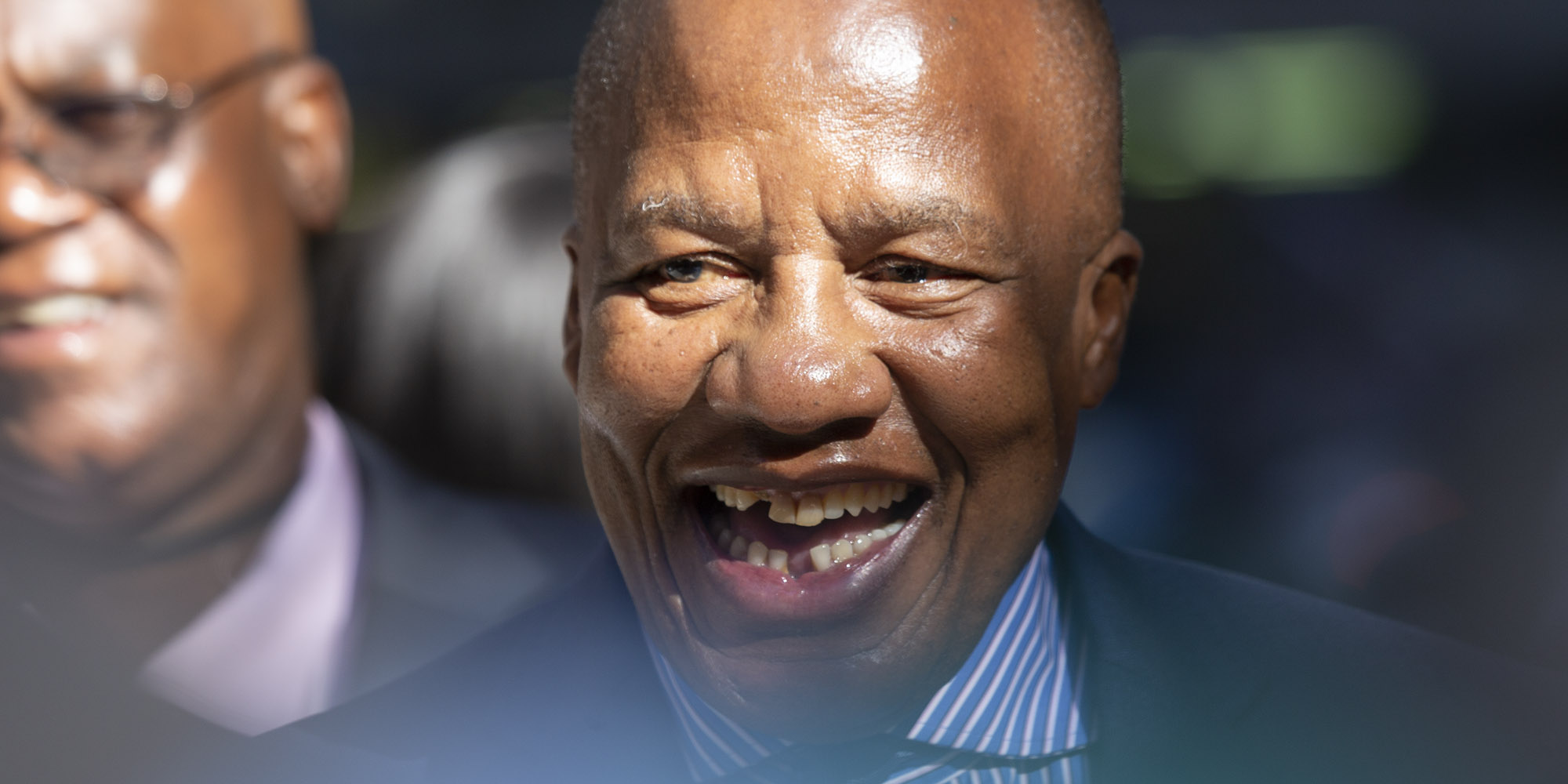
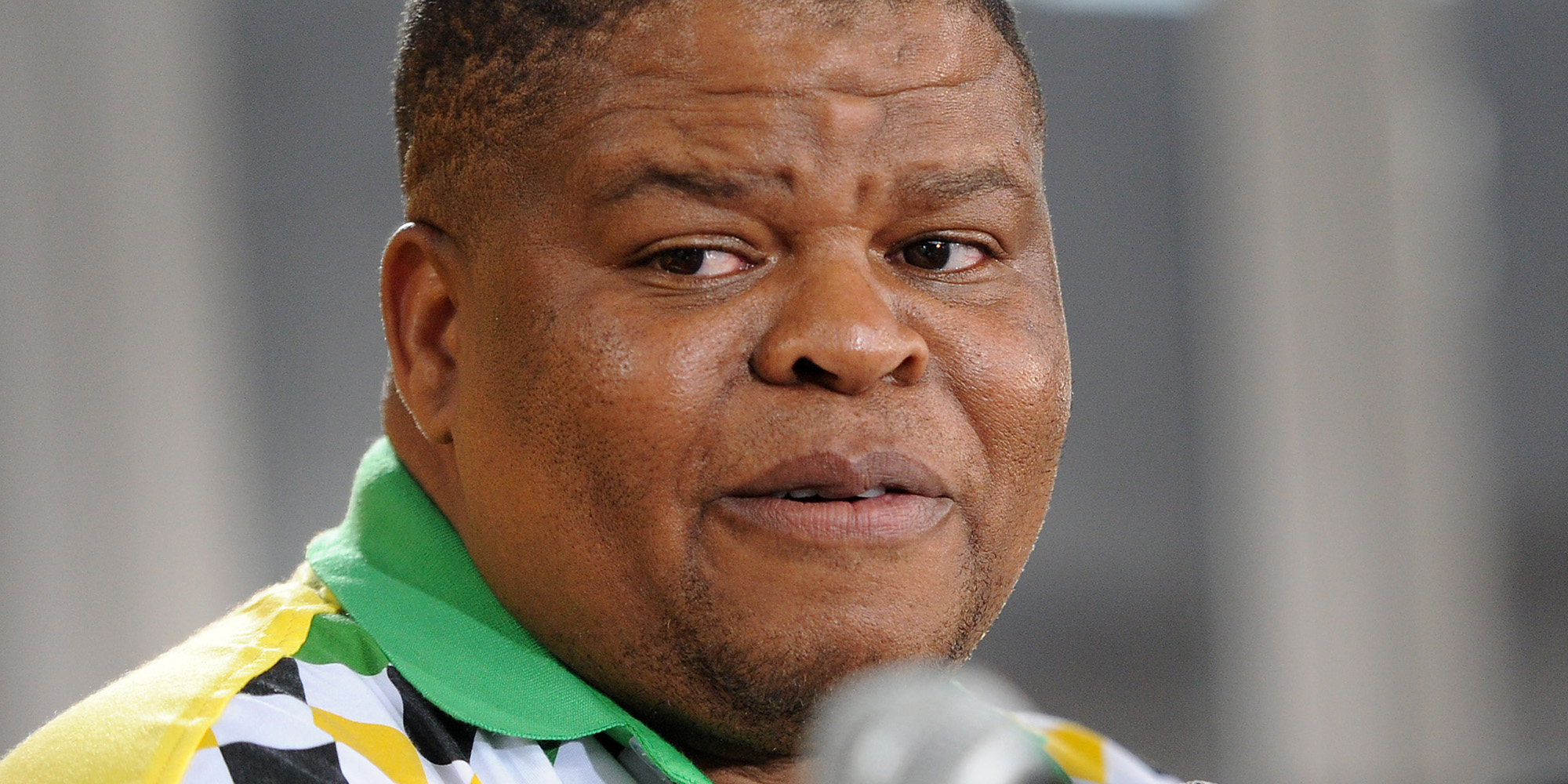
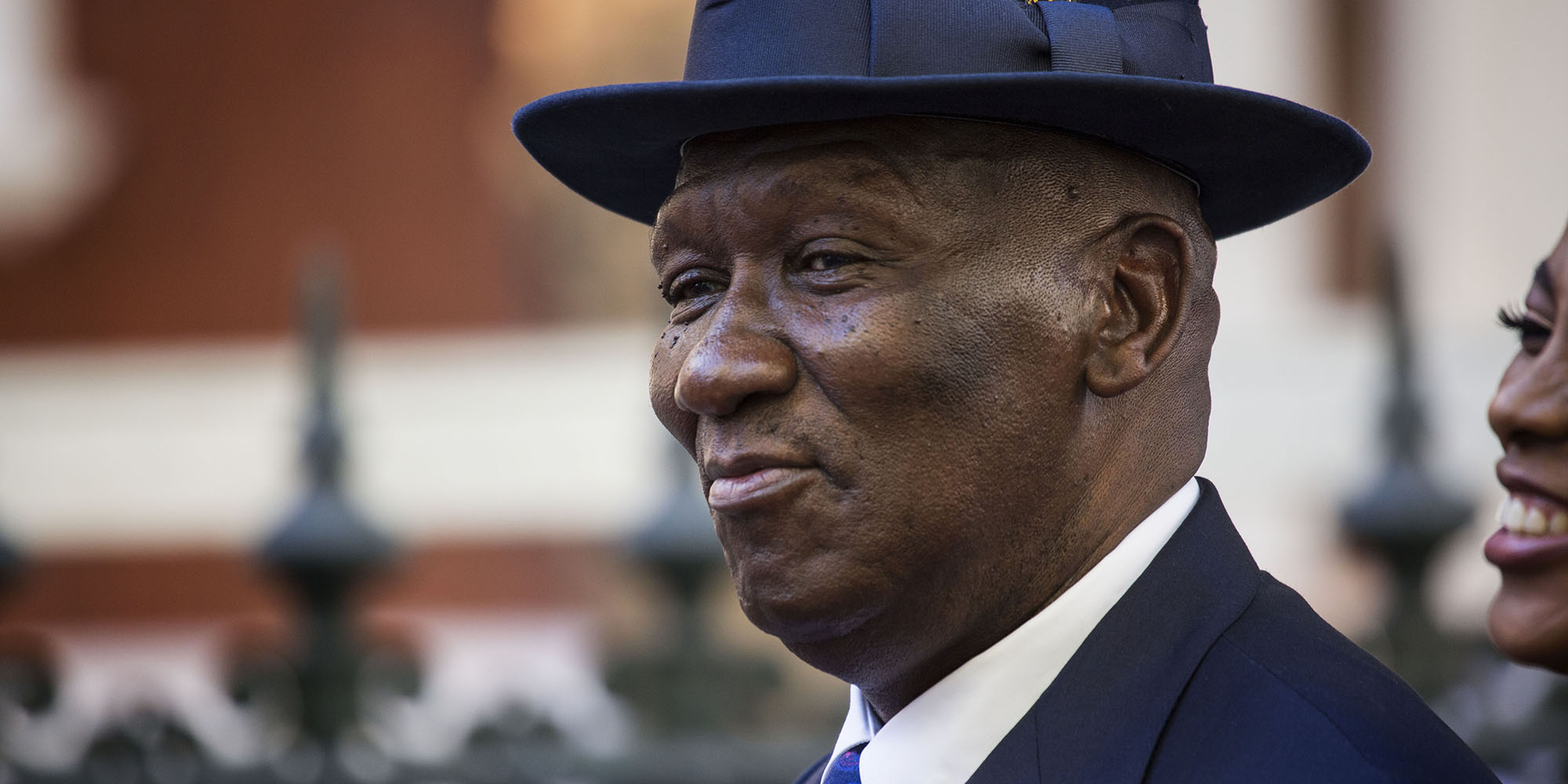
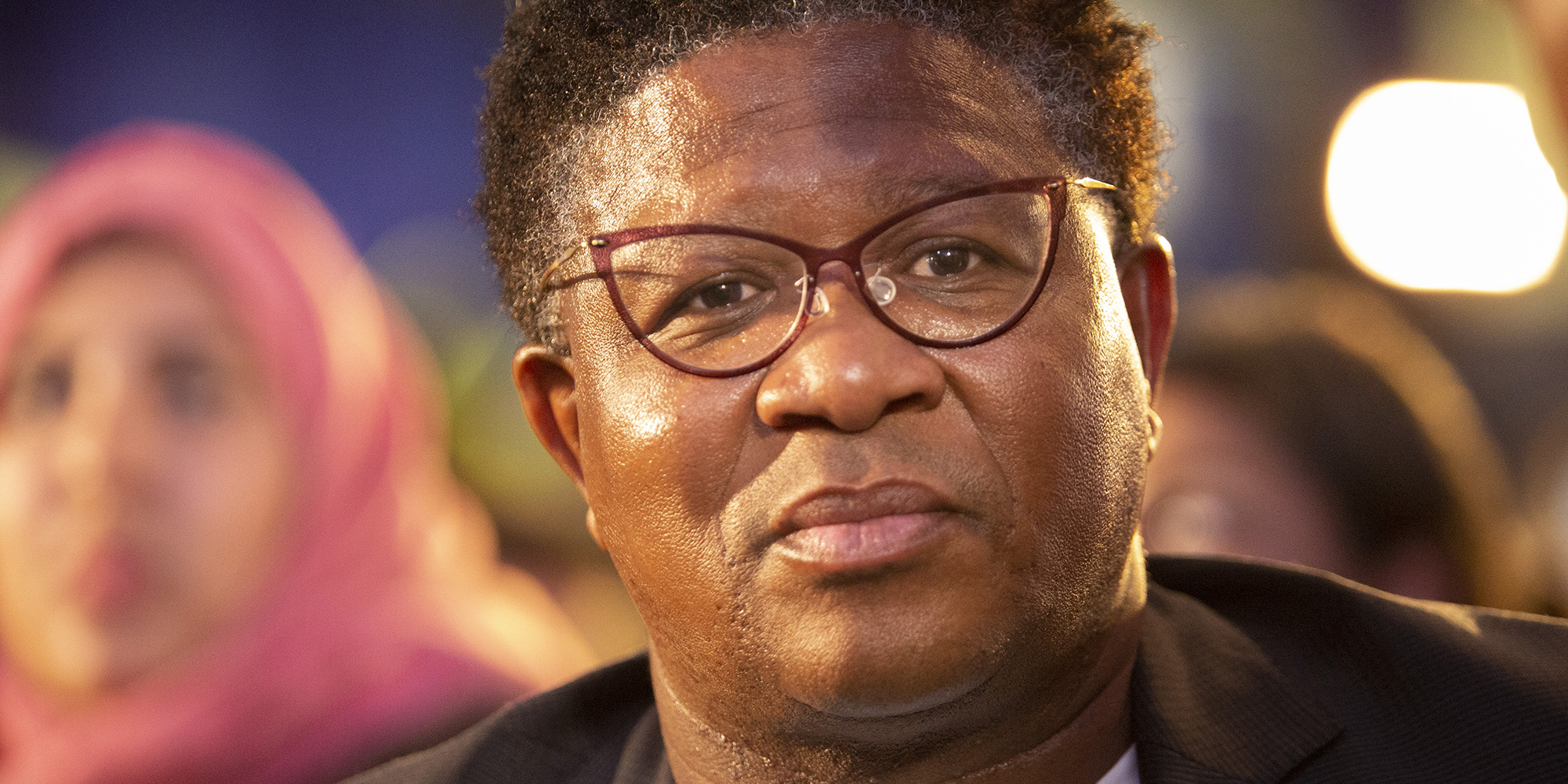
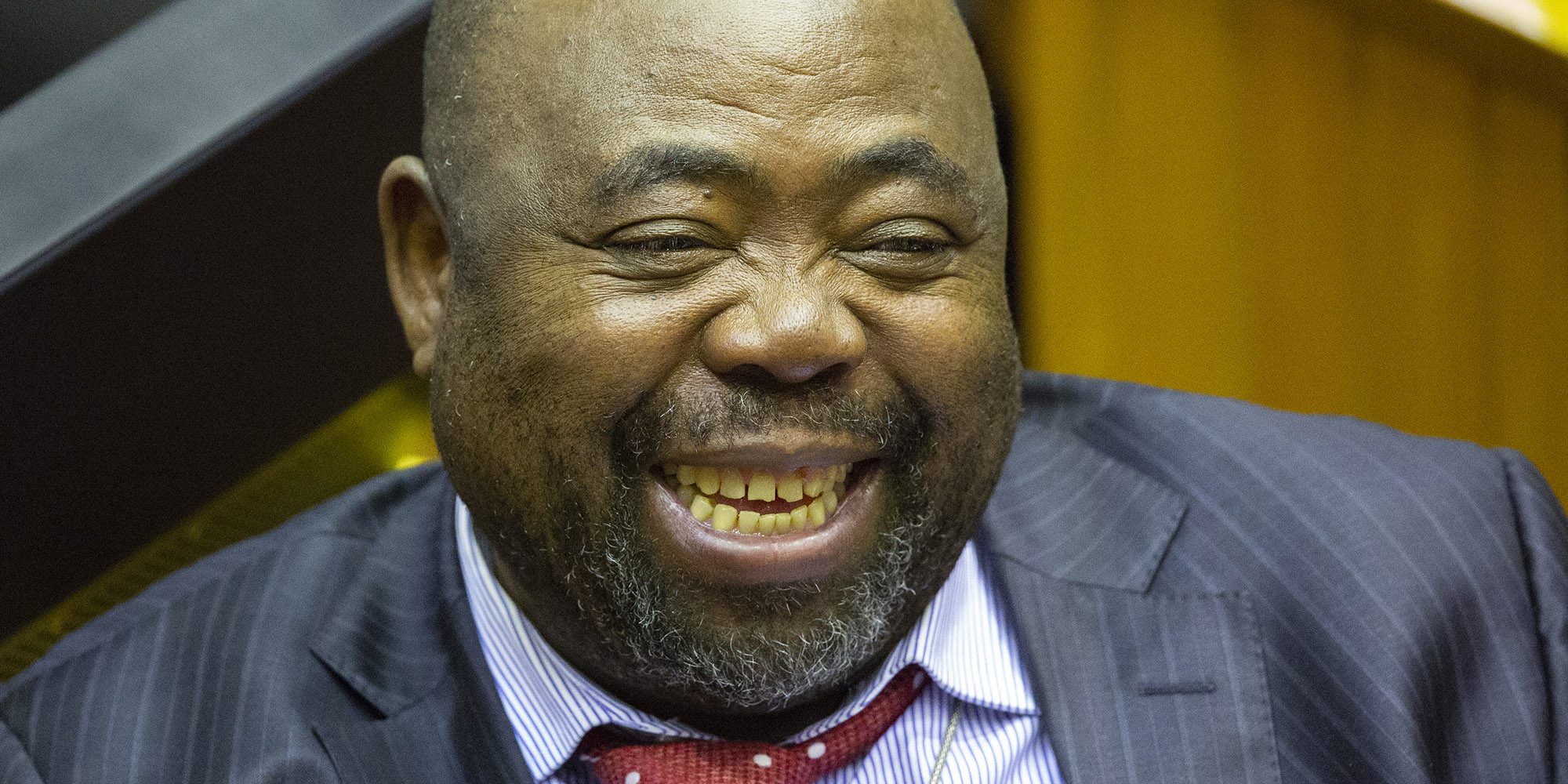
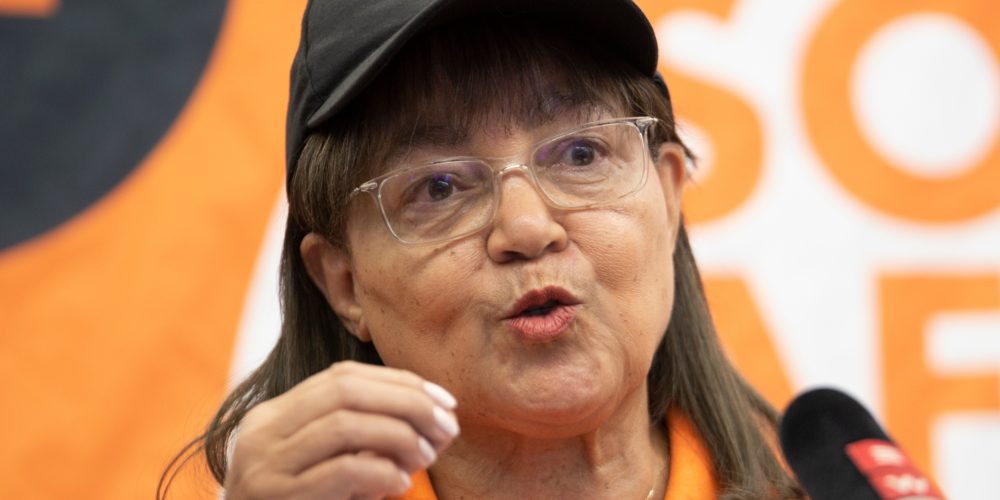
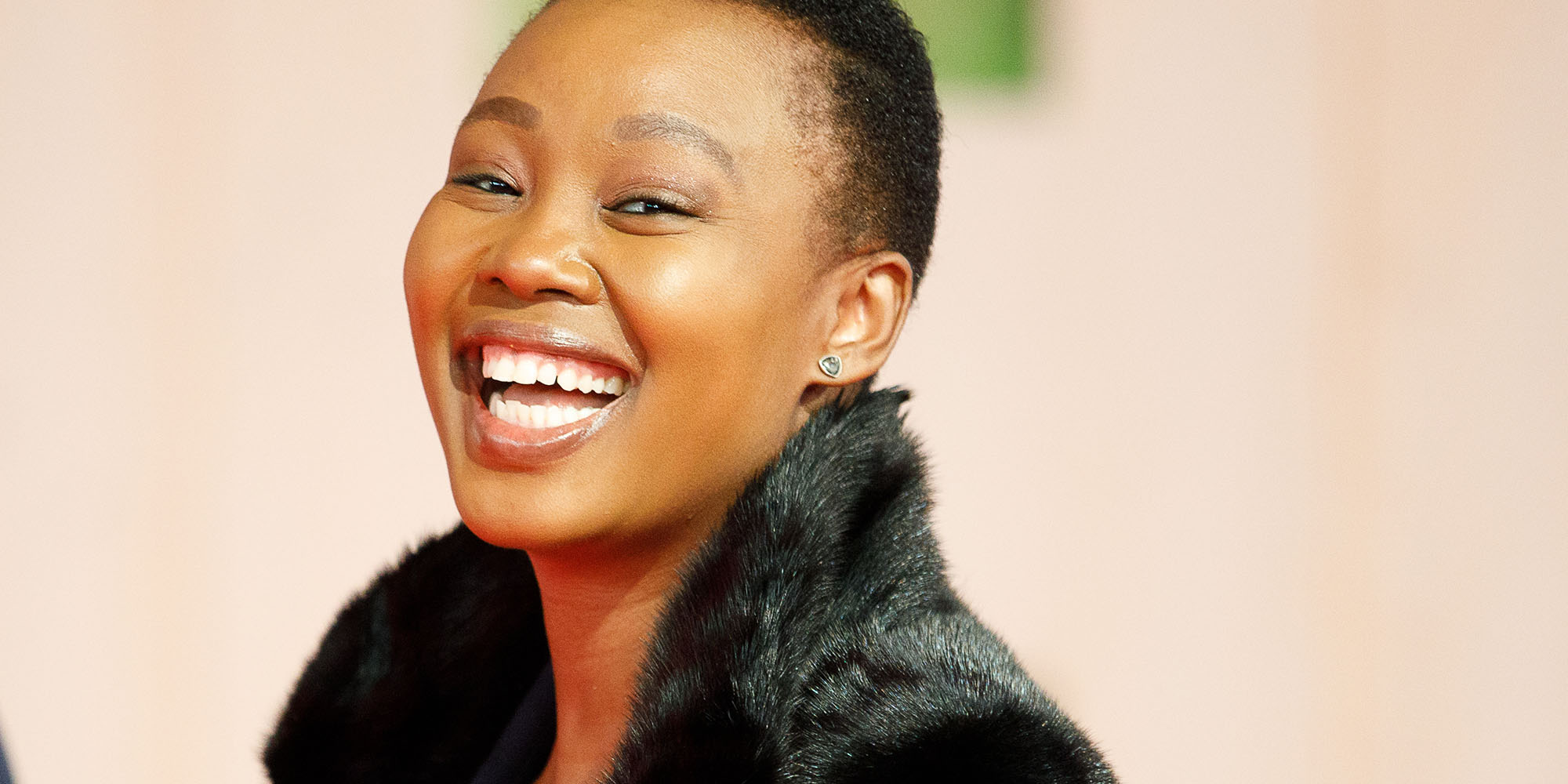

















 Become an Insider
Become an Insider